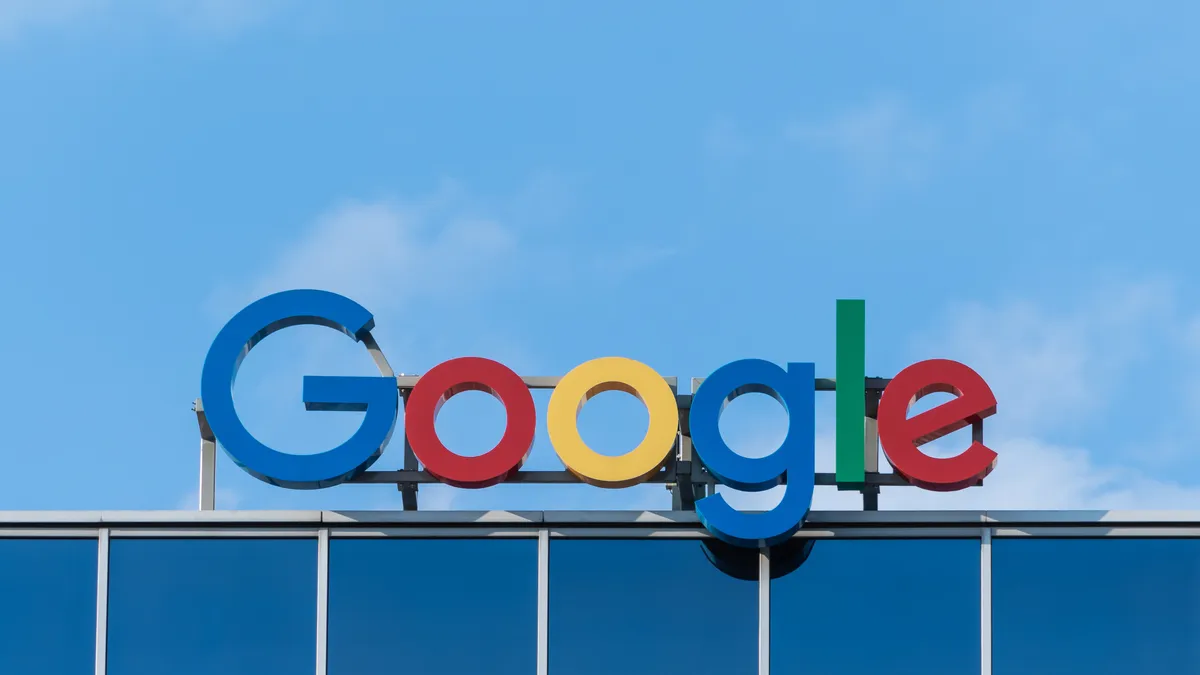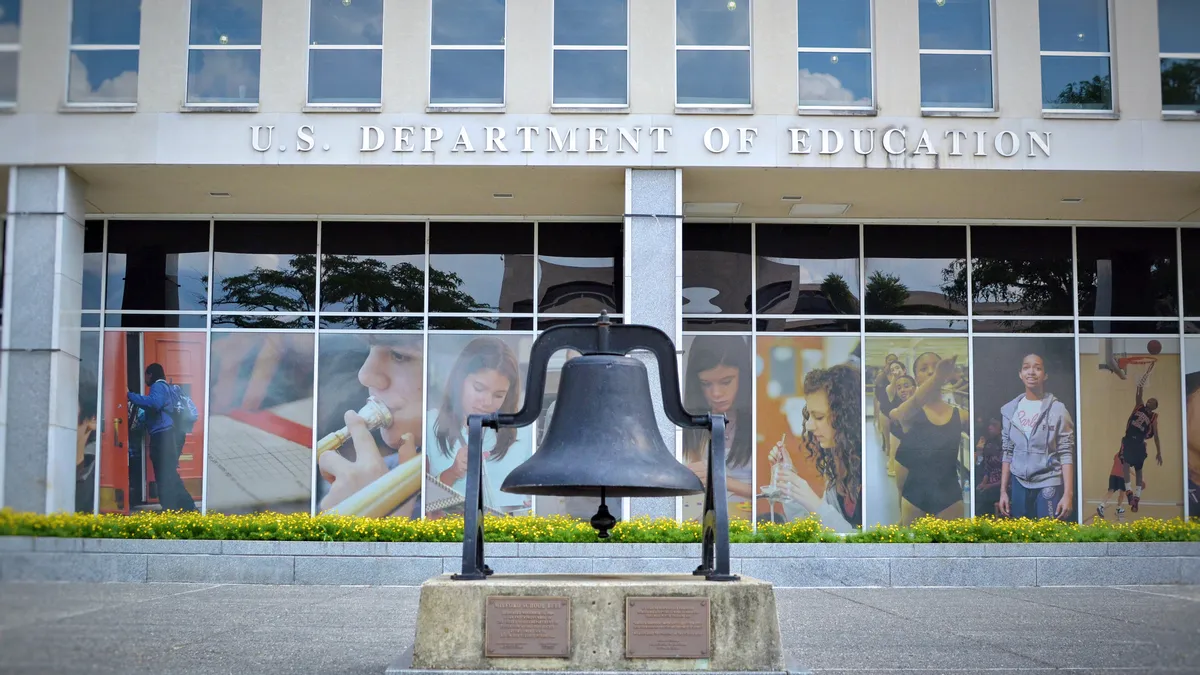Dive Brief:
- Google plans to expand its professional certificate in information technology support to 100 community colleges, up from 30 currently, by the end of next year.
- The technology company has enlisted Jobs for the Future (JFF), a workforce development organization, to help colleges embed and customize the certificate for their IT programs.
- The expansion comes as several other major technology employers are partnering with colleges to craft curriculum focused on their products.
Dive Insight:
Google developed the IT certificate in 2018, partnering with Coursera to make it available online. The five-course certificate, which requires no former college education and takes an average of six months to complete, aims to address the growing demand for workers in IT support roles. With the expansion, Google’s program will reach community colleges in 15 states in the hopes of enrolling some 5,200 students.
Colleges can adapt the curriculum to their needs, said JFF President and CEO Maria Flynn, in an interview with Education Dive. For example, College of the Canyons offers the certificate as part of a pre-apprenticeship program in IT.
While workers benefit from having the skills the certification teaches — IT support specialists make a median salary of $53,000, according to the Bureau of Labor Statistics — companies can tap into two-year institutions’ diverse student body to grow their workforce.
And Google isn't the only tech employer teaming with community colleges.
In 2017, Amazon Web Services began offering a cloud computing certificate with Santa Monica College. Since then, the program has spread throughout California and has been shared with hundreds of institutions worldwide.
Facebook and IBM have forged similar partnerships with community colleges.
Those institutions aren't strangers to working with companies, though usually they don't have a hand in the curriculum. However, officials at two-year colleges say such partnerships help keep their curriculum current, even though there are concerns about limiting students’ skill sets by training them on only one platform. Google says its program is vendor-agnostic.
Such partnerships, however, are rarer between tech companies and four-year institutions. In Virginia, George Mason University worked with Amazon Web Services and Northern Virginia Community College to allow students to transfer into a bachelor’s degree program in cloud computing after completing a specialization at the two-year institution.
Michelle Marks, George Mason's vice president for academic innovation and new ventures, told Education Dive earlier this year that the university benefits from the "insight industry can provide." Meanwhile, Google says it lets faculty take the reigns in developing the curriculum.
Flynn expects more such partnerships to come. "We're going to continue to see more of an ecosystem developed between employers, two-year colleges and four-year universities," she said. "Partnerships can be deployed in ways that really play to an organization’s strengths and really center around the needs of the learner."












